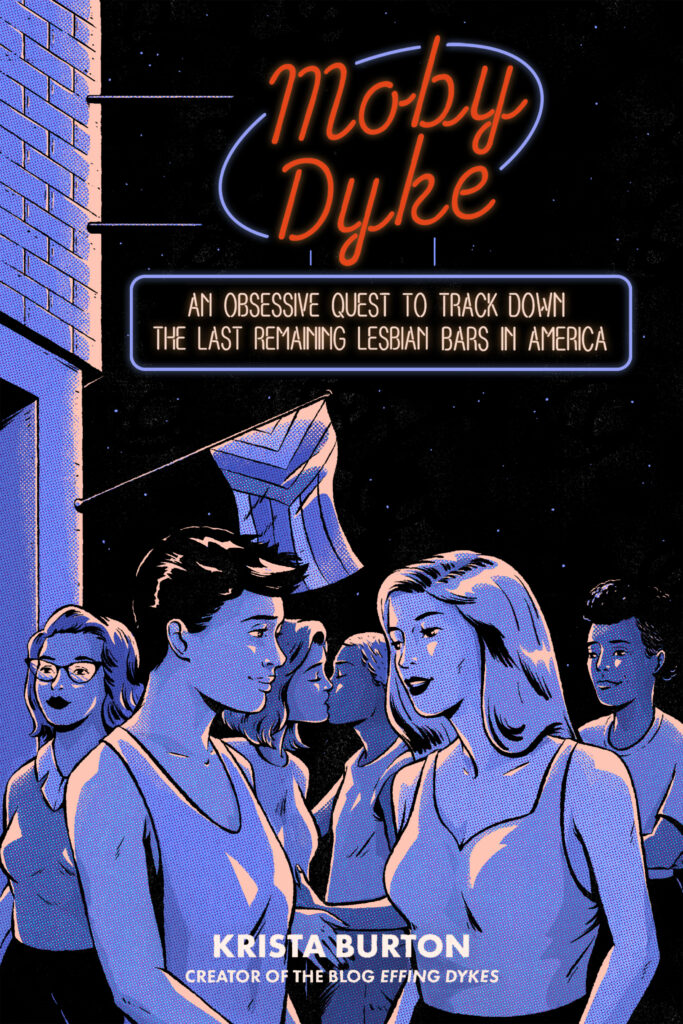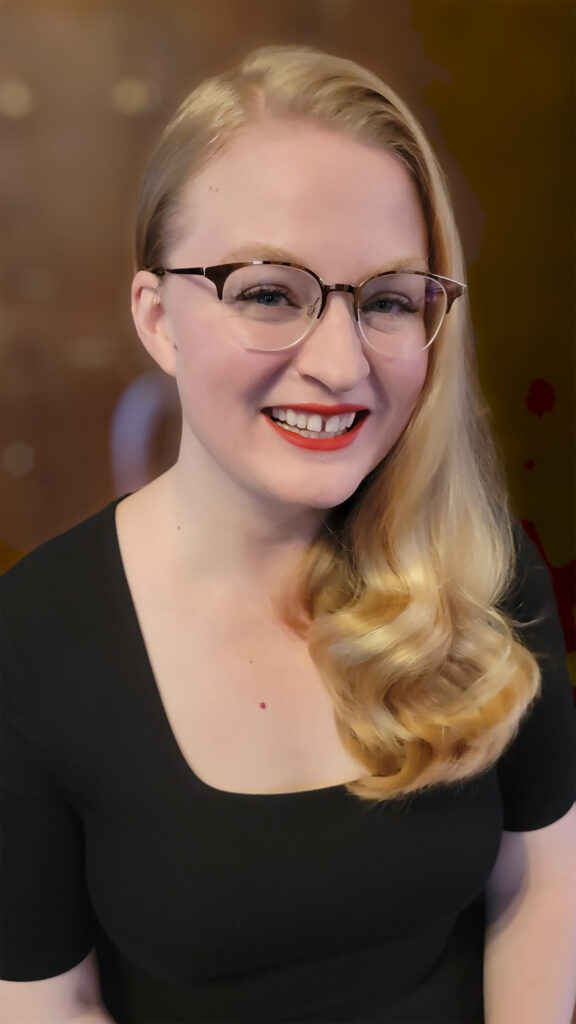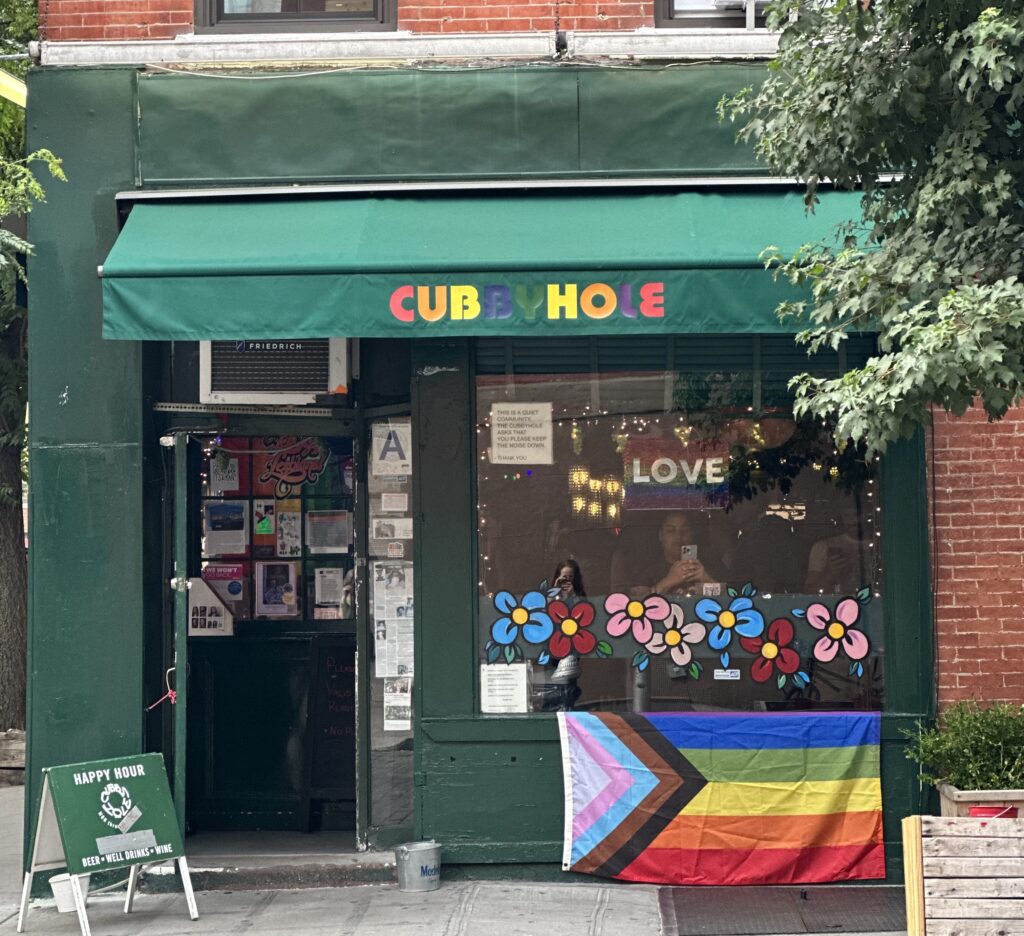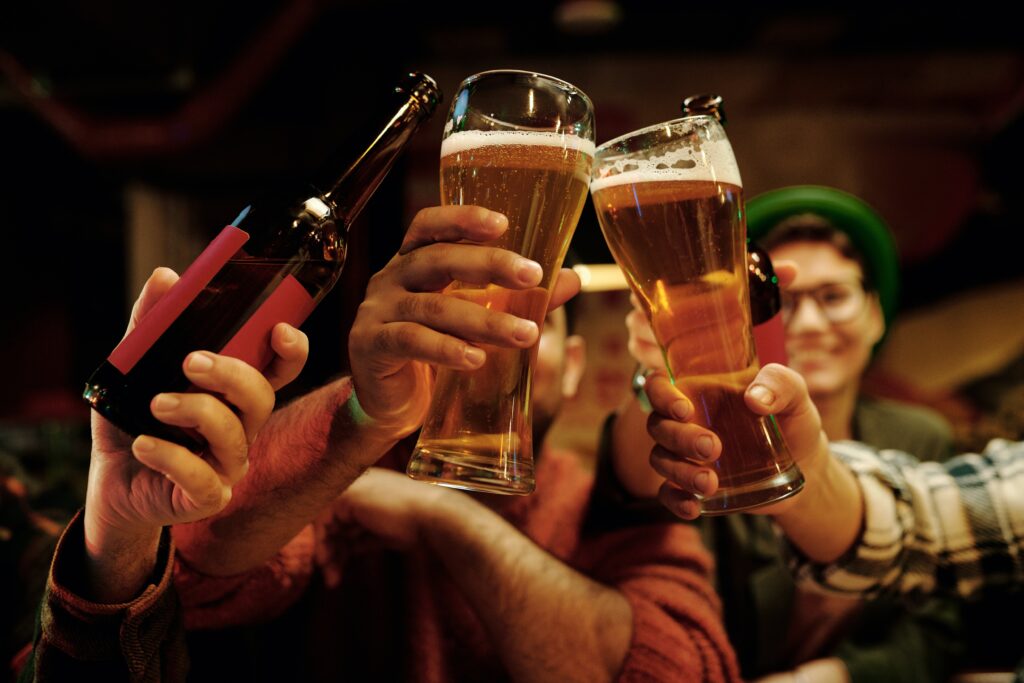Inside a personal search for America’s lesbian bars
Moby Dyke: An Obsessive Quest to Track Down the Last Remaining Lesbian Bars in America by Krista Burton is a stunning memoir by a young queer woman who presents one of the most convincing anthropological arguments for the survival of lesbian bars.
Did you know there are only three lesbian bars in New York City? Well, that’s three more than in Los Angeles, which has none. Such are the interesting, heartfelt discoveries made by author Krista Burton—by day, a copywriter, and by night, a lesbian anthropologist of sorts. She was the creator of the beloved blog Effing Dykes, and a contributor to lesbian site Autostraddle, and at just 36, she is both young enough to have spent much of her adulthood online, but old and wise enough to have had an epiphany that the fast-vanishing dyke bars of America are worthy of analysis and preservation.
Moby Dyke kicks off like a classic “hero’s journey,” where the protagonist must leave the safety of the nest (in this case, married life in rural Minnesota) on a voyage of self discovery in the big wide world (America’s Covid-riddled, increasingly anti-LGBTQ frontier of vanishing lesbian bars). Burton describes being in lockdown, isolated from friends and community, and having an epiphany: as she approaches middle age with her trans man husband, pondering the adoption of children and the watering of house plants, suddenly — now that she has been denied access to dyke bars, jello shots, bathroom stall sex and god awful karaoke — she feels a deep seated need for one of the main backdrops of queer female identity.


Armed with her vaccine, Burton feels thrilled at the possibility of going out to dyke bars once more — only to discover that the pre-pandemic community has been destroyed IRL; the community has dispersed, and most of the gay bars are either too far away or have closed, or are struggling to survive.
The decline and disappearance of America’s lesbian bars is a phenomenon that has been tracked by The Lesbian Bar Project website and its docuseries, but Burton’s book offers a different window onto this part of history. It draws on great American literature and its genres — the epic adventure of Moby Dick, combined with the roman à clef/road notes of On the Road — and the good old lesbian irreverence we have come to expect from lesbians who post regularly online. Moby Dyke is exceptionally well-written, personal, and true. Anyone who has ever set foot in a lesbian bar — whether it’s your local or one you sought out while traveling — will recognize the familiar mise-en-scene, characters, and ensuing dramas of the rare type of establishment that is both public and private, a home away from home, and a collective space, now — ironically — under threat by the very advancements we fought for, which started with the revolution at queer bar Stonewall Inn in NYC.
In 1987, there were 206 lesbian bars in America. They were essential places to socialize, meet new friends or a potential partner, have a quiet beer or a pain-killing cocktail or Jell-O shot, and belt out a karaoke tune or two. They offered the opportunity to gather and plan activist events and cultural practices, and to just see what the other women were up to. Today, however, only a couple dozen lesbian bars are still open for business. How did this happen? Is it good or bad?
The book is a chance to relive some great memories and appreciate the eccentricities and hallmarks of our queer culture, nationwide— from two-stepping to country music at Phoenix’s Boycott Bar; to dildo races at Houston’s Pearl Bar; to more recent trans-inclusivity, including of her own transman husband.
While Burton sets out on the excursion to assess the current state of lesbian bars, she also winds up examining her own personal journey, from coming out to her Mormon parents to recently marrying her husband, a trans man whose presence on part of the trip underscores the important conversation about who precisely is welcome in certain queer spaces—and how they and their occupants continue to evolve.
Moby Dyke is, as the title suggests, hilarious and epic, and the perfect book to take along with you as you travel to your Pride holiday or event.

The book offers a comprehensive, colorful, and compassionate tour of some of the nation’s most beloved and essential watering holes, including:
- A League of Her Own – Washington, D.C.
- Alibi’s – Oklahoma City, OK
- Babes of Carytown – Richmond, VA
- Blush&Blu – Denver, CO
- Boycott Bar – Phoenix, AZ
- Cubbyhole – New York, NY
- Frankie’s – Oklahoma City, OK
- Ginger’s – Brooklyn, NY
- Gossip Grill – San Diego, CA
- Henrietta Hudson – New York, NY
- Herz – Mobile, AL
- My Sister’s Room MSR – Atlanta, GA
- Pearl Bar – Houston, TX
- Slammers – Columbus, OH
- Sue Ellen’s – Dallas, TX
- The Backdoor – Bloomington, IN
- The Lipstick Lounge – Nashville, TN
- Walker’s Pint – Milwaukee, WI
- Wildrose – Seattle, WA
- Wildside West – San Francisco, CA
- Yellow Brick Road Pub – Tulsa, OK
Purchase Moby Dyke here.






